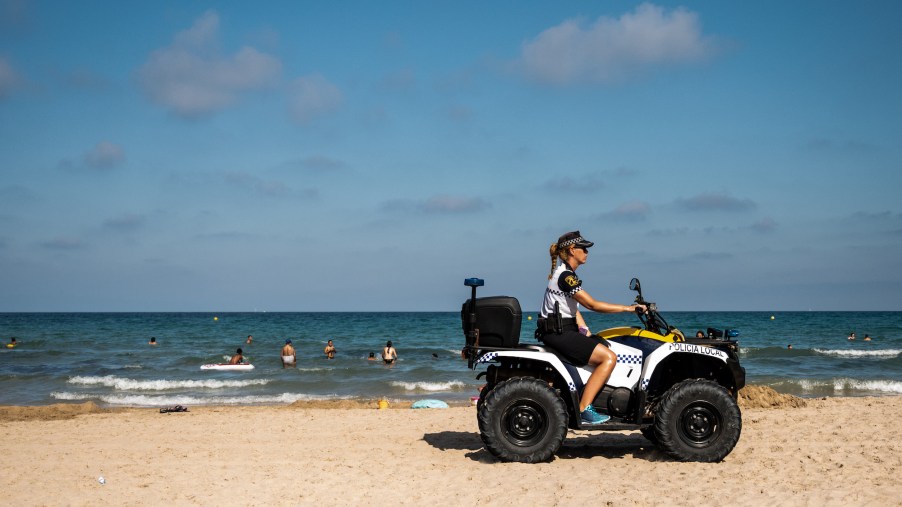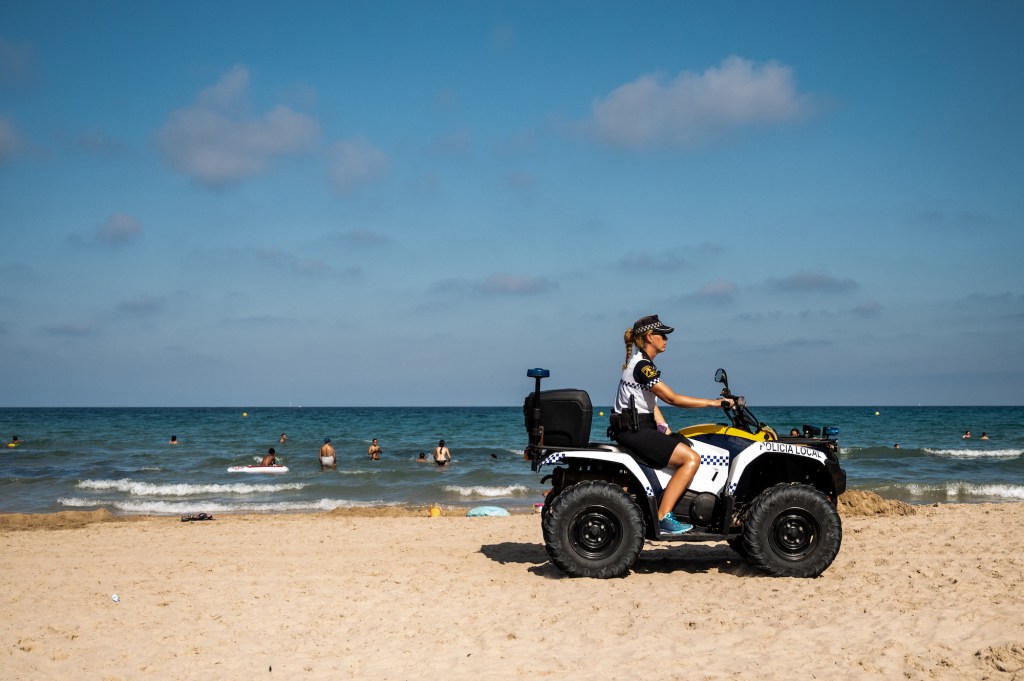
Do ATVs Need Insurance?
All-terrain vehicles are popular off-roaders. However, considering their dangerous reputation, you might wonder whether you should get insurance to cover your ATV. We take a look at the dangers of four-wheelers, the benefits of getting ATV insurance, and state insurance requirements.
ATVs can be dangerous and accident-prone

ATVs have a reputation for being dangerous, and this reputation is well-founded. Four-wheelers lack seatbelts and other safety features that normal vehicles have. Because of this, crashes can be more dangerous to the rider and passenger if the vehicle is a two-seater. It’s also more common for quads to flip, increasing the safety risks.
In addition, ATVs can be difficult to control, especially at high speeds or on rocky terrain. Even if you’re wearing safety equipment, you could still cause damage if the vehicle goes out of control. This is especially a risk for beginners and children, although even seasoned riders can find themselves in accidents.
What are the benefits of ATV insurance?
Given the dangers of these vehicles, insurance is highly recommended. ATV insurance covers four main facets: liability, collision, medical, and comprehensive coverage. For liability, you’ll need insurance if you injure someone with your four-wheeler. For collision damage, insurance covers the cost of repairing someone else’s vehicle or property. Medical coverage will cover your bills if you end up in the hospital after a four-wheeler accident. And as for comprehensive coverage, your vehicle is covered if it’s damaged for reasons outside of your control or stolen.
According to ValuePenguin, some of these facets are optional, and exact coverage will depend upon your insurance provider. Some might even provide coverage beyond the aforementioned ones. Typically, the more facets the insurance covers, the more it will cost. Many providers offer a variety of options, so be sure to compare plans. Typically, ATV insurance costs less than motorcycle insurance, for example, but the exact cost depends on the plan.
You might not want to get ATV insurance because you think your homeowners or car insurance will cover your quad. But most of the time, this is not the case. According to Allstate, car insurance doesn’t cover four-wheelers, and homeowners insurance usually provides only limited coverage if any. This will depend on the provider, so it’s best to ask if you’re unsure. However, it’s generally better to get ATV insurance for maximum coverage, especially if you’re a frequent user. But if you already have motorcycle insurance, some providers also cover ATVs.
State insurance requirements
Though you might decide to forgo ATV insurance despite the benefits, some states require it. For example, New York requires liability insurance for all four-wheeler owners.
According to the Long Island Recreational Trails Conservancy (LIRTC), New York law states, “Minimum required coverage is $50,000/$100,000 for death, $25,000/$50,000 for injury, and $10,000 for property damage in any one accident.”
In New York, you also must have proof of ATV insurance if you’re in an accident where either people or property are damaged.
However, many states have different requirements. These state laws have different variations of titling, registration, and insurance requirements. Some require that the vehicle is registered and titled but have no ATV insurance requirement. Some require insurance but don’t require proof.
In addition, some states have different age requirements for ATV operation or place limits on where you can drive. Be sure to check your state’s laws carefully to ensure your quad use is compliant.


